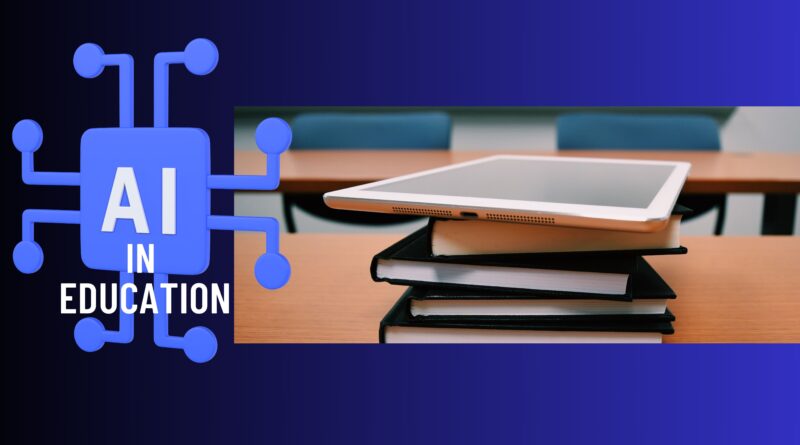How Do You Like Them Agents?
As autonomous agent technologies rapidly permeate our digital landscape, a critical question emerges: what roles should computational agents fulfill to best augment human capabilities? The capabilities of today’s agents—from voice-activated personal assistants to code-generation systems—continue to expand dramatically, prompting urgent questions about their optimal design, function, and integration into human activities. Despite significant technical advances, we lack a coherent framework for conceptualizing the different relationships humans might have with agents, hampering both the evaluation of existing technologies and the principled design of future systems.
Read More













